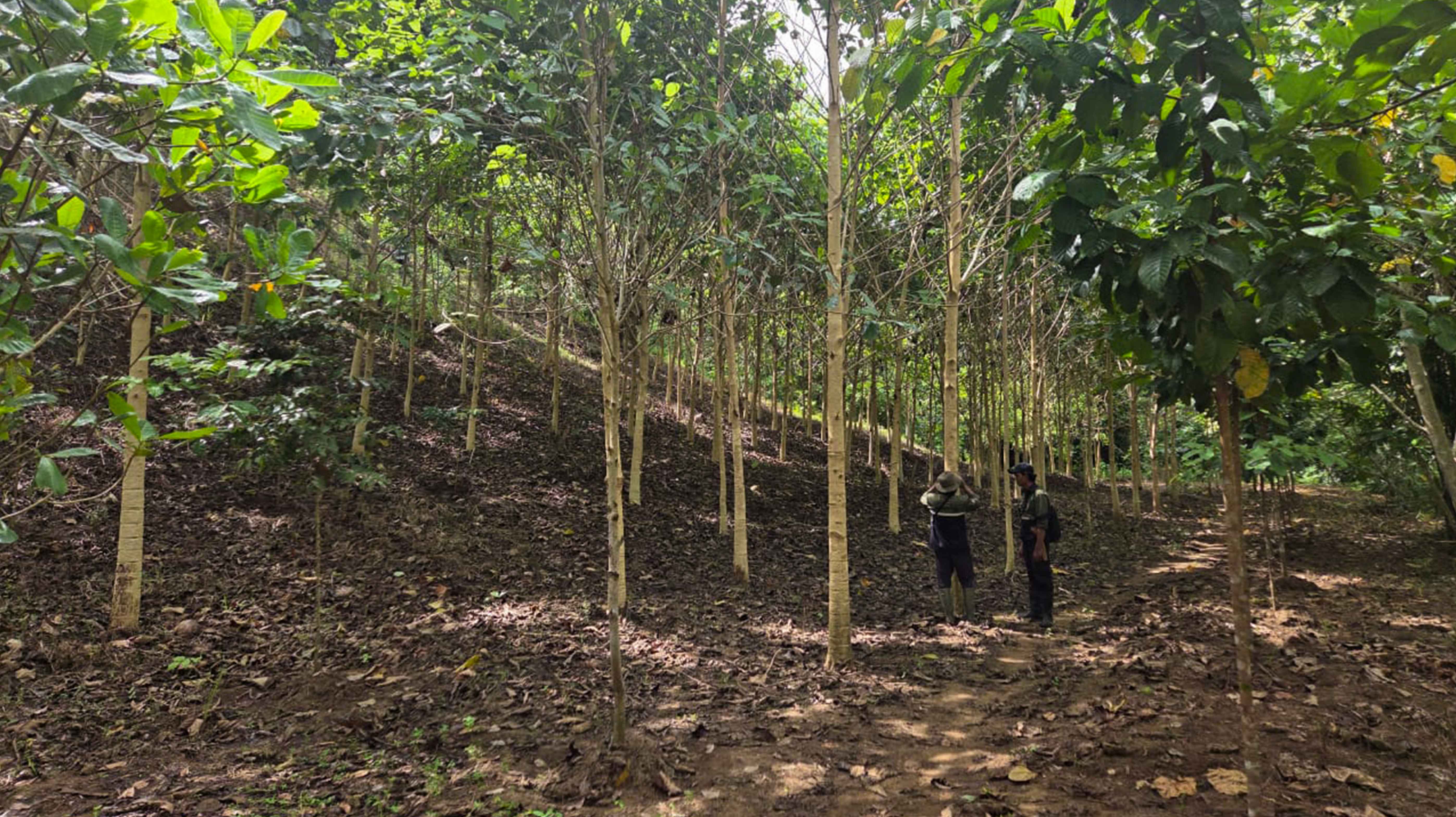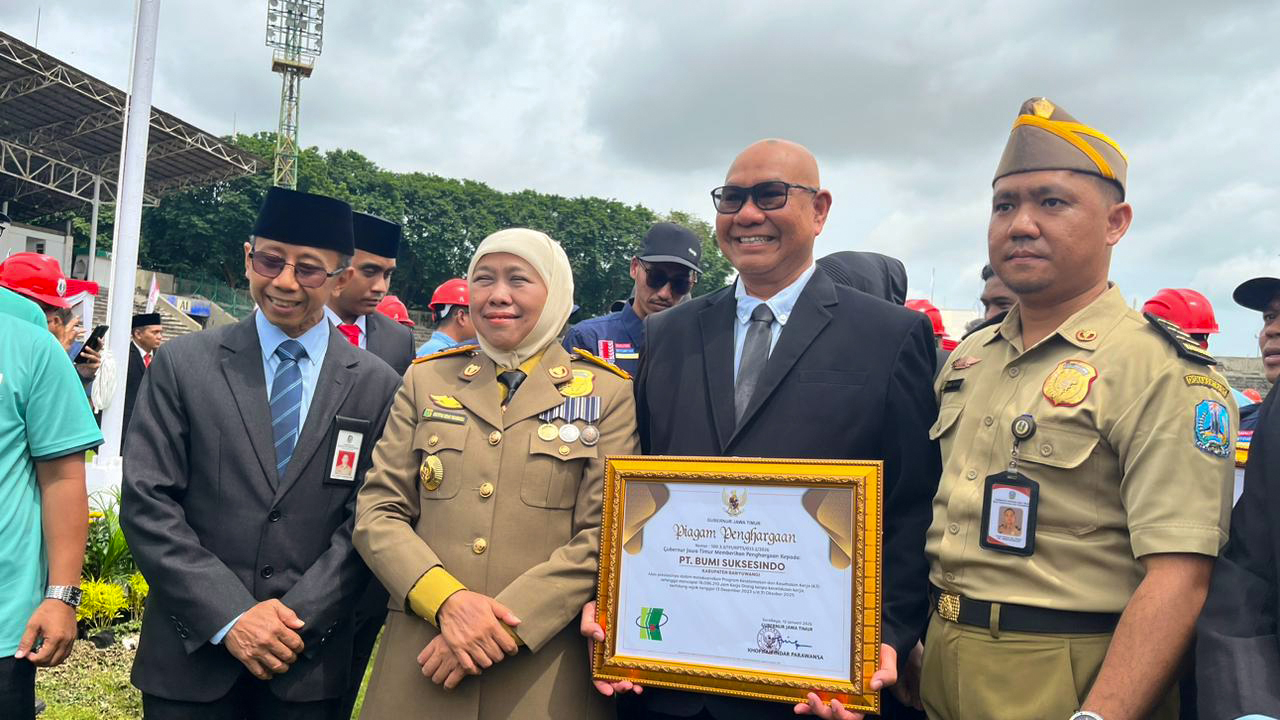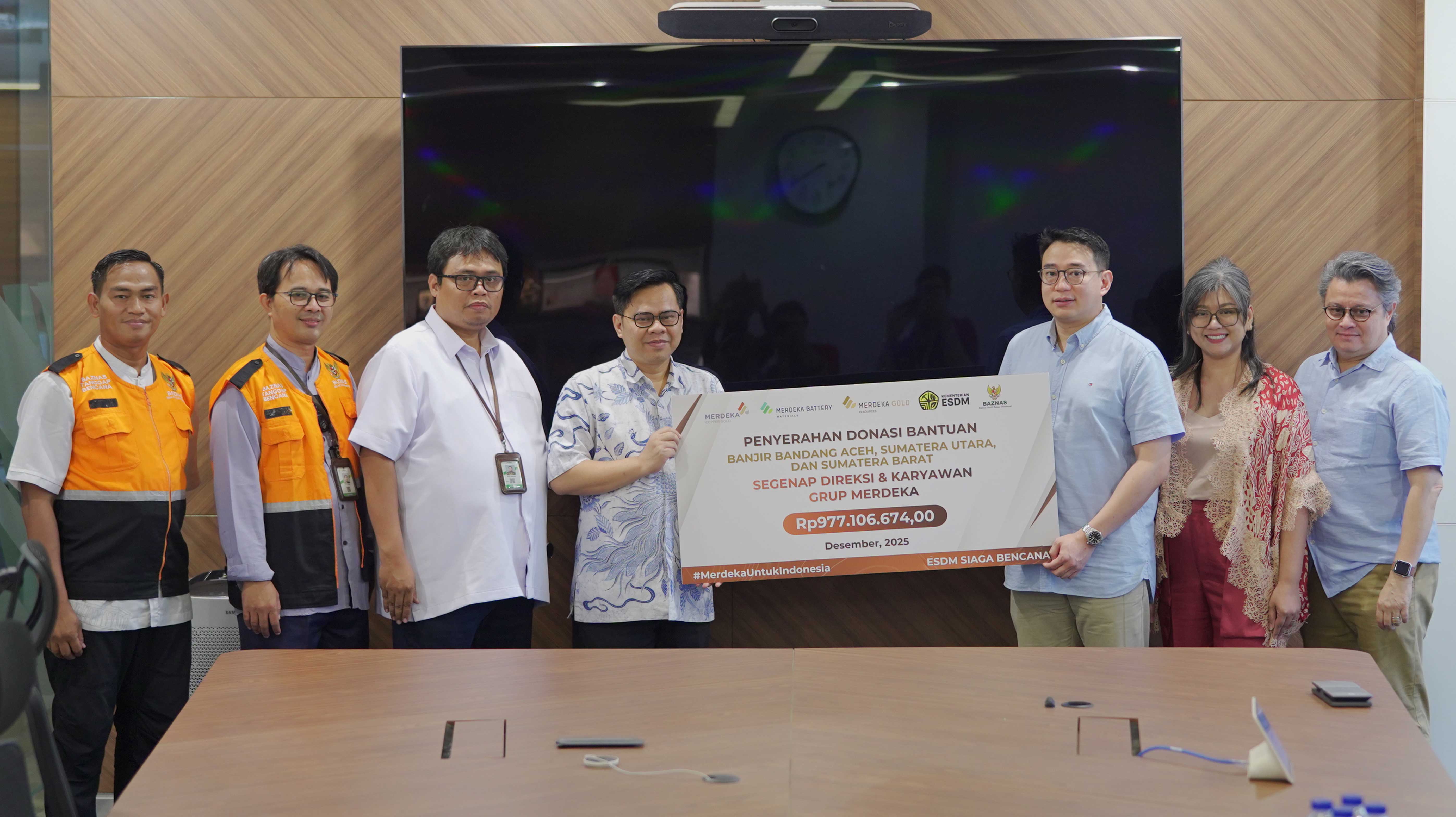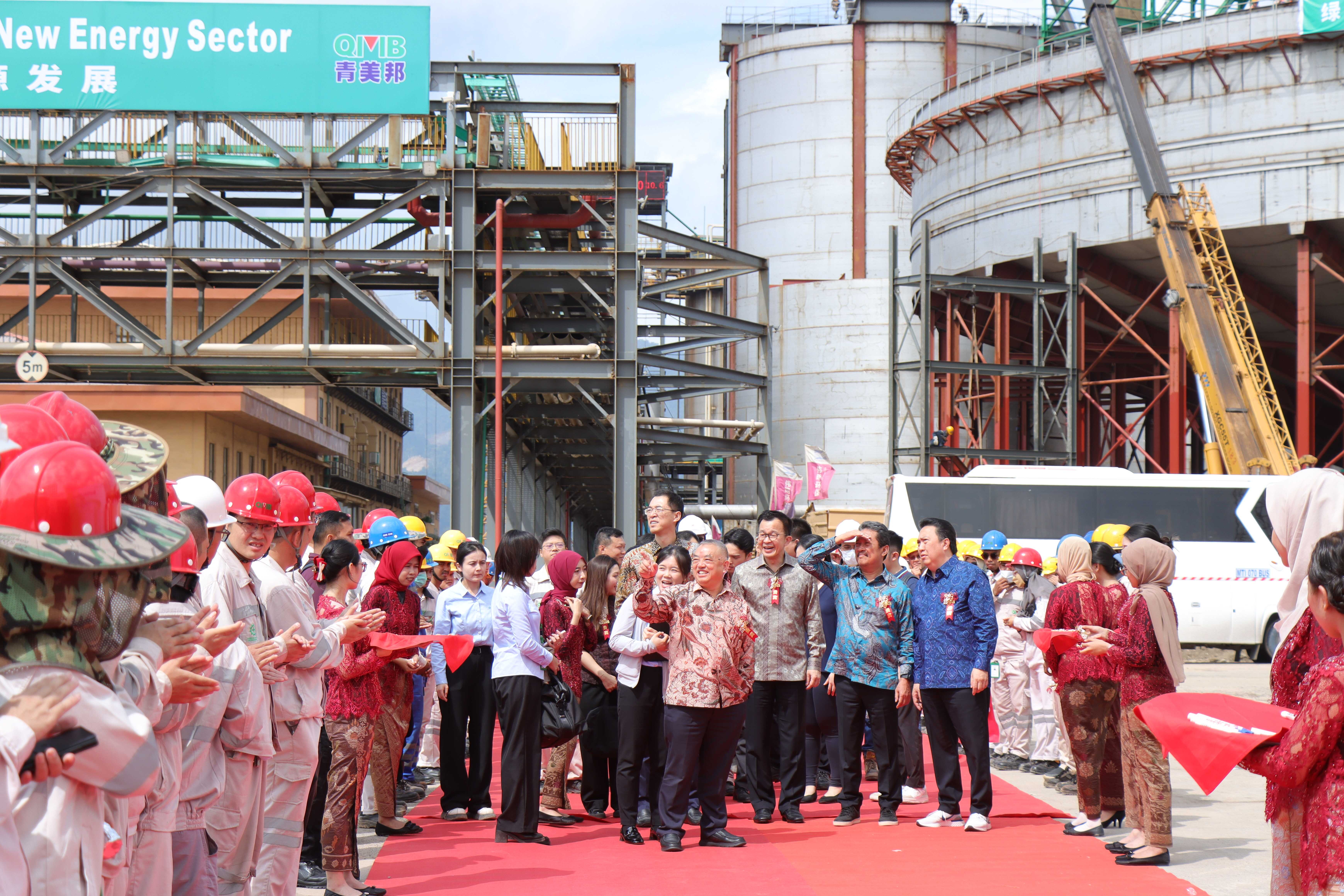
Completing Autoclave Installation, PT ESG Targets HPAL Project Commissioning by the End of 2024
The development of the HPAL (High Pressure Acid Leach) facility has shown positive progress with the completion of the main Autoclave installation on June 8, 2024. This achievement will support the targeted commissioning plan by the end of 2024.
The joint venture project between PT Merdeka Battery Materials Tbk (IDX: MBMA) and GEM Co, Ltd is being constructed and operated by PT ESG New Energy Material (PT ESG) and will serve as a strategic asset for MBMA, a subsidiary of PT Merdeka Copper Gold Tbk.
“The HPAL project by PT ESG marks a significant milestone in MBMA’s development towards becoming a global supplier of battery raw materials in support of the global transition to clean energy,” said Devin Antonio Ridwan, President Director of MBMA. “The HPAL production targets the American and European markets, while targeting to meet US IRA requirements and European carbon tariffs.”
Positive developments for the HPAL project at PT ESG began with the signing of a loan agreement worth US$490 million in April 2024 from leading domestic and regional banking institutions to fund the HPAL construction with a nameplate capacity of 30,000 tonnes of nickel in the form of Mixed Hydroxide Precipitate per year.
In early June 2024, PT ESG completed the project design and construction of the HPAL foundation located in the Indonesia Morowali Industrial Park (IMIP), Morowali, Central Sulawesi. PT ESG also installed a high-pressure Autoclave with a capacity of 1,168 m³, which is one of the largest Autoclaves in the world.
The PT ESG HPAL project utilizes third-generation HPAL technology to extract raw materials such as nickel, cobalt, and manganese more efficiently to produce mixed hydroxide precipitate, nickel cobalt manganese oxide, high-nickel ternary precursor, and ternary cathode materials, all of which are critical raw materials for electric vehicle batteries.
The construction process of PT ESG’s HPAL proceeded swiftly. The Autoclave, a key equipment in HPAL, was completed and installed within eight months from the start of construction. If operational targets are met, this construction process will serve as a benchmark for the fastest completion of a nickel laterite HPAL project in the world.
